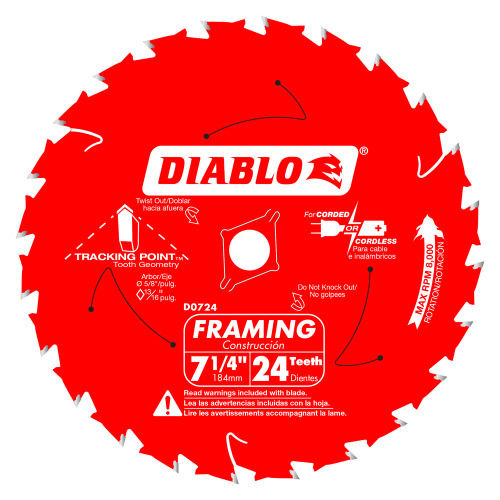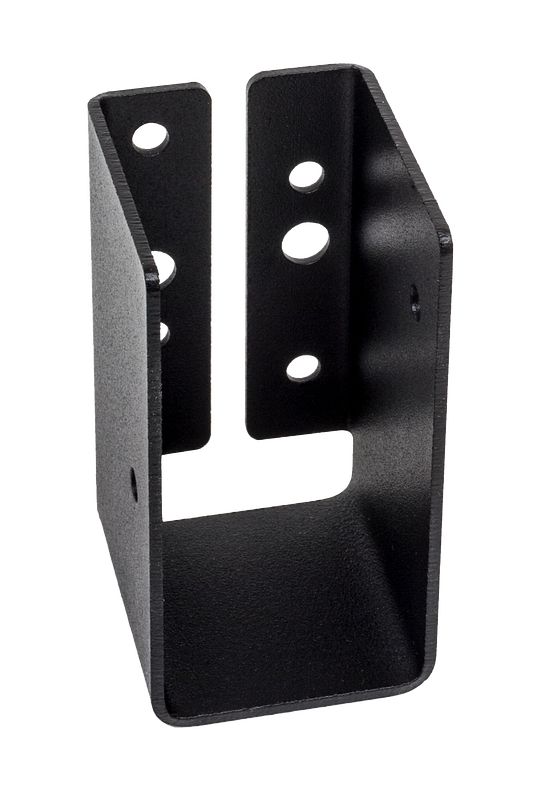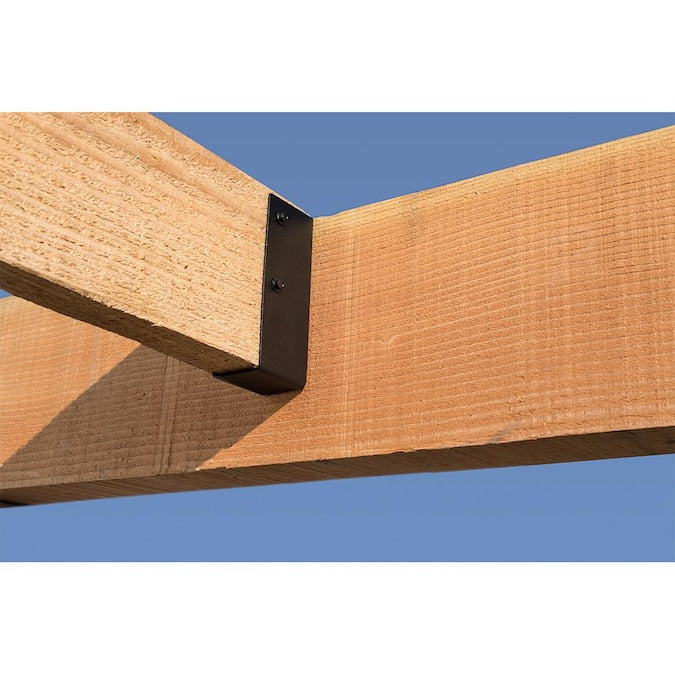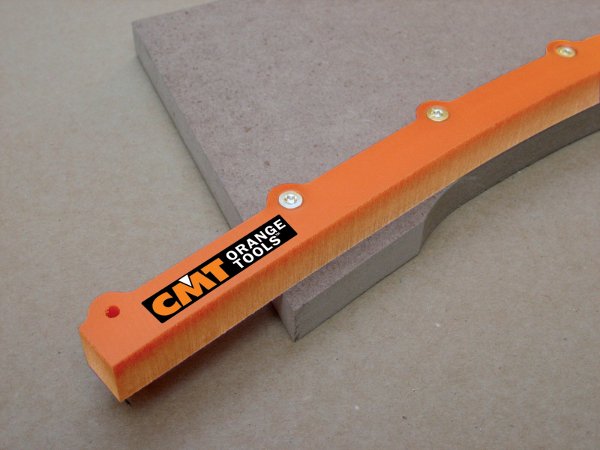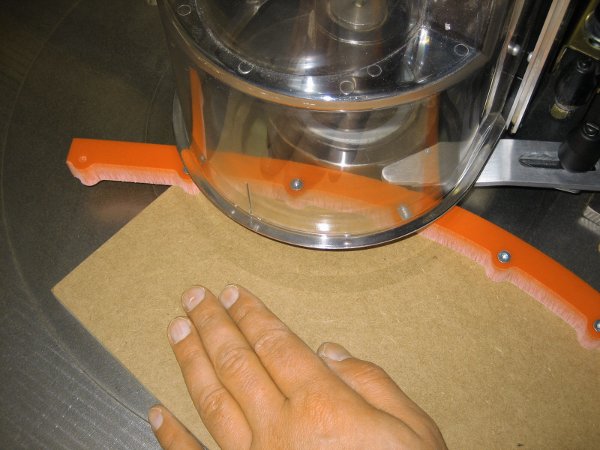When planning a construction project, selecting the right types of floor joists is essential. Floor joists bring the structural framework for your floors, so choosing the correct option impacts both strength and durability. Various types of floor joists are used based on the building’s design, load requirements, and materials available. In this article, we’ll explore the most common floor joist types, their characteristics, and the key considerations when selecting them for your project.
Solid Lumber Joists
Solid lumber joists are a traditional option and are still widely used. These joists are typically made from softwood like pine, fir, or spruce. They are available in standard sizes such as 2x10 or 2x12 and offer a balance between affordability and performance. The solid nature of the lumber delivers a reliable structure, but it can be prone to warping over time, especially in high-moisture environments.
For projects using solid lumber joists, it’s essential to consider proper support systems, such as Simpson Strong-Tie connectors. These anchors enhance the strength and longevity of your joists.
I-Joists
I-joists are engineered wood products, popular for their efficiency in modern construction. Shaped like the letter "I," they consist of two horizontal parts (flanges) made from laminated wood or veneer and a vertical web in the middle. The combination allows I-joists to span greater distances with less material than solid lumber.
I-joists resist warping, shrinking, and twisting, making them a low-maintenance option. They are also lighter, which eases installation. However, cutting and drilling through I-joists must be done with care to avoid compromising their integrity.
For added support, Simpson Strong-Tie anchors can be used to secure these joists during construction. This makes sure their structural integrity remains intact over time.
LVL Joists (Laminated Veneer Lumber)
Laminated Veneer Lumber (LVL) joists are engineered from bonded thin wood veneers. They are strong and dimensionally stable, making them ideal for situations requiring high load-bearing capacity. LVL joists are less likely to warp or shrink, even when exposed to moisture.
One key advantage of LVL joists is their high strength-to-weight ratio. They can support heavy loads without adding excess bulk to the structure. When using LVL joists, make sure that they are properly anchored with Simpson Strong-Tie connectors for enhanced safety and durability.
Steel Joists
Steel joists are typically used in commercial and industrial buildings due to their strength and fire resistance. They are capable of spanning large distances without sagging or warping. Steel joists are also highly durable, especially in buildings exposed to moisture or extreme temperatures.
The downside of steel joists is their cost and the specialized tools needed for installation. However, when you need long-lasting strength and durability, they are worth the investment. Anchors like Simpson Strong-Tie products can be used to enhance the connection between steel joists and other structural components.
At Factory Direct Supply, we offer a wide range of building materials, including Simpson Strong-Tie connectors and anchors, to help guarantee your project’s success. Visit our online store and contact us for all your building material needs today.


